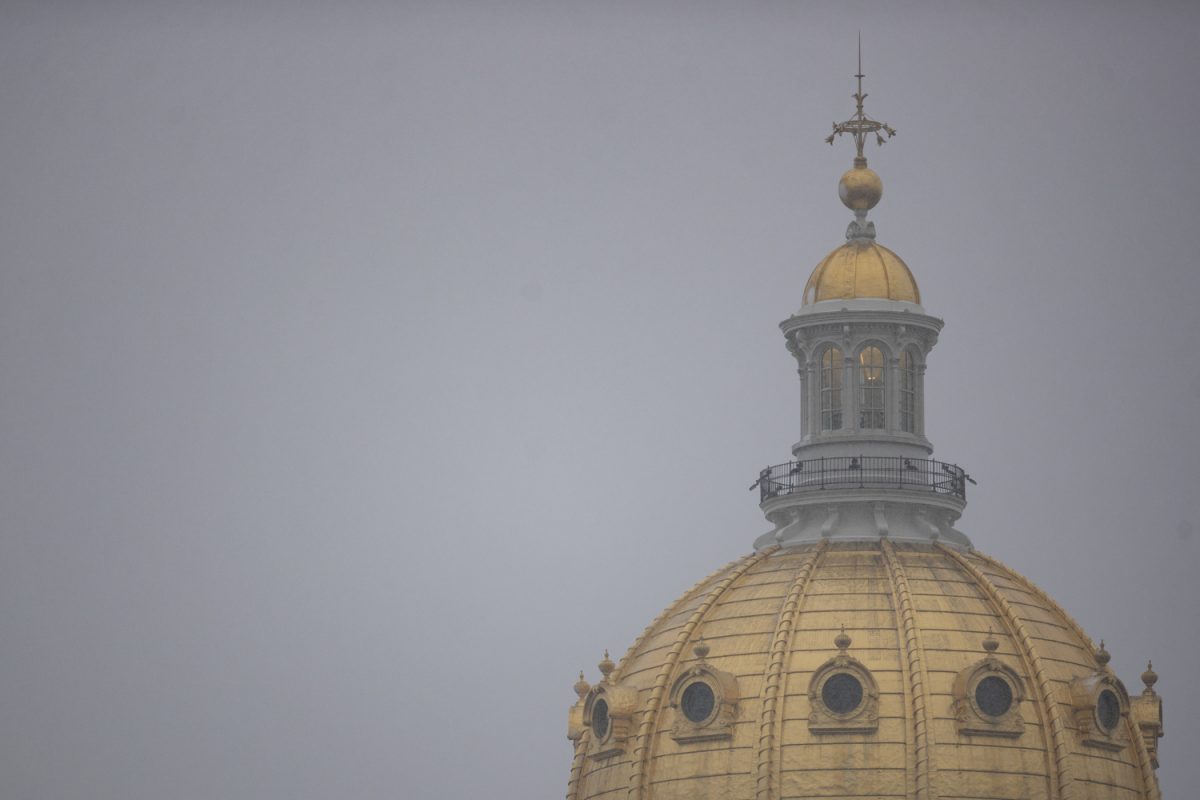Iowa lawmakers heard from dozens of Iowans on their proposal to overhaul Iowa’s Area Education Agencies on Wednesday. The bill, House File 2612, a diluted version of Iowa Republican Gov. Kim Reynolds’ proposal makes key changes to the governor’s proposal.
The bill requires school districts to use AEA services for students who have disabilities and allows schools to start using outside services for media and education services starting in the 2025-26 school year.
Proponents of the legislation say the bill gives important flexibility for school districts to decide how to spend their money and adapt to the needs of students faster.
“Our school districts should be equal partners in determining what our schools and students need and whether or not things are working or need to adapt,” Mike McGrory, Superintendent of Ottumwa Community Schools, said. “It’s time for reform.”
The bill also provides for greater transparency and reporting requirements for AEAs, requiring AEA boards to prepare reports on the services they provide and their value to school districts annually.
“I support the transparency in this bill with reports to school districts so our school leaders, parents, and taxpayers can better understand the value of what the AEA provides,” McGrory said.
Opponents of the bill say there isn’t enough evidence to show that these changes will improve AEAs.
The current bill would require an interim study commission to be established and for the commission to provide a report on recommendations for improvement in Iowa’s special education services to the legislature and the Iowa Department of Education.
However, opponents said they hope lawmakers will consider slowing down even further and thoroughly study it before making drastic changes.
David Tilly, the former deputy director at the Iowa Department of Education from 2012 to 2020, spoke at the hearing about the impacts AEA services have on his child who has a disability and uses AEA services.
“The consequences are too grave to enter into without understanding the repercussions,” Tilly said. “The only defensible course here is a study before making any changes to the AEAs. Iowa kids are not a partisan issue.”
Proponents of the current legislation in front of the House say they appreciate lawmakers commissioning the study to ensure that change in the AEA system takes the needed time to ensure no undue harm to Iowa students.
“I want you to consider that reform doesn’t have to be in the form of demolition,” Doug Glackin, the Superintendent of Woodbury Central Community Schools, said. “I am for an independent study of the system taking the time to look at what is working and what needs to be addressed. What needs to be adjusted and maybe some things need to be dismantled.”
Opponents of the legislation said the bill would still disproportionately affect Iowa’s rural school districts and their access to special education resources for students.
“[AEAs] benefit students with access to high-quality educational services and resources regardless of location,” Mike Beranek, the president of the Iowa State Educations Association, the state’s main teacher union, said on Wednesday.
“AEAs have bridged the gap between our rural and urban students.”
Specialized services like school psychology and audiology would be hard for school districts to provide on their own.
The House bill keeps all special education funding with AEAs, however, the Senate version of the bill would only give AEAs federal funding and require schools to contract with AEAs if they wish to use them.
“These specialized services are hard to find and not evenly distributed outside our AEA system across our state,” Beranek said. “Shortchanging some of our students by taking away the robust offerings our AEAs provide will not help and will not succeed. Honestly, isn’t it everyone’s job to help the next generation of Iowans learn, grow, and thrive?”



